I've created 3 proto files and would like to keep it in a git repo:
separated from all others files. The repository contains only .proto files. I have 3 microservices and each of them has their own repository that is using those proto files to communicate with each others:
You can see on the picture above, that proto files are consuming from different microservices.
Assume, I am going to change the Protofile2 and push the changes to proto repository, remember proto files repository are separated from microservices repository:
When I run go test on service1 or service2, it should tell me, that Protofile2 has changed or does not have the same hash like proto file in the service2 folder:

That I have to generate the code again.
Does it exist any tools to solve the problem? Or how should I solve it?


